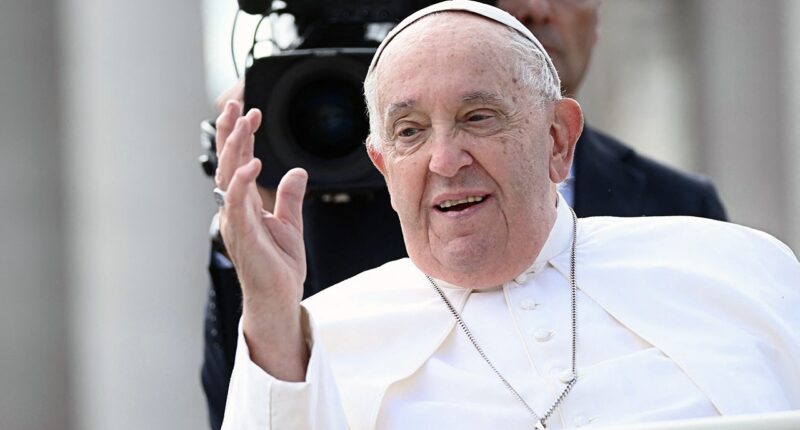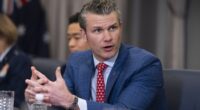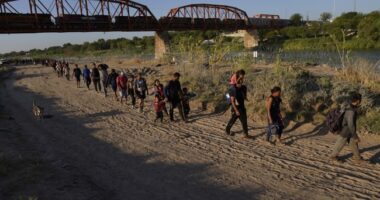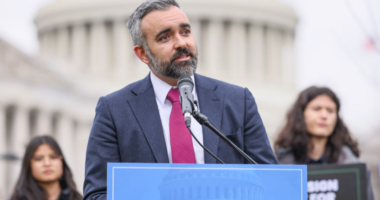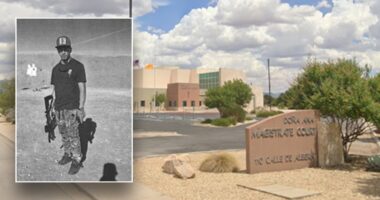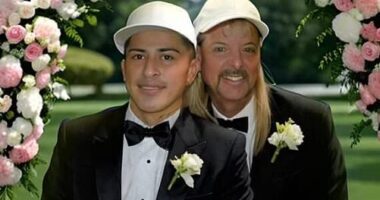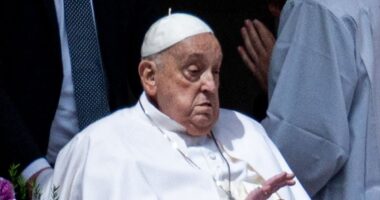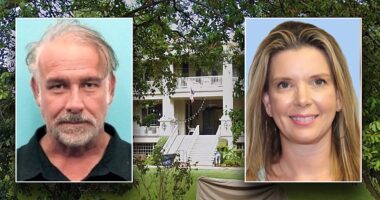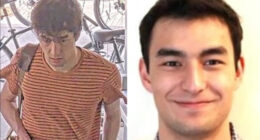During his 12-year tenure as pontiff, Pope Francis has been seen as a significant figure, with his leadership both praised for its influence and criticized for its departure from traditional norms.
Pope Francis will be remembered for his efforts to expand the Catholic Church’s influence and outreach, moving beyond its traditional strongholds in the U.S. and Europe to shape its future.
“His approach to appointing cardinals has been thoughtful and deliberate,” noted Tim Gabrielli, an associate professor and Gudorf chair in Catholic intellectual traditions at the University of Dayton in Ohio, in an interview with Fox News Digital.
Pope Francis died on April 21, 2025. (AP Photo/Gregorio Borgia)
“Brothers and sisters, good evening,” Pope Francis said in his address to Rome on March 13, 2013. “You know that the charge of the conclave was to give a bishop of Rome. It would seem that my brothers went to the end of the world to choose him.”
Pope Francis, born Jorge Mario Bergoglio, was the first pope in history from the Global South, hailing from Argentina.
Gabrielli said his remarks, coupled with the meticulous expansion of cardinals, reflect Pope Francis’ vision of the church in every place.
“The church in the U.S. has had a strange way of thinking of itself as something kind of exceptional,” Gabrielli said.
Highlighting a new focus on regions often considered “flyover countries,” Gabrielli said Catholics and non-Catholics will see Pope Francis’ impact through his successor.
“This push to internationalize the cardinal or to visit places the pope wouldn’t normally visit is planting seeds there that over time will lead to a deeper sense of the international church,” Gabrielli said.
